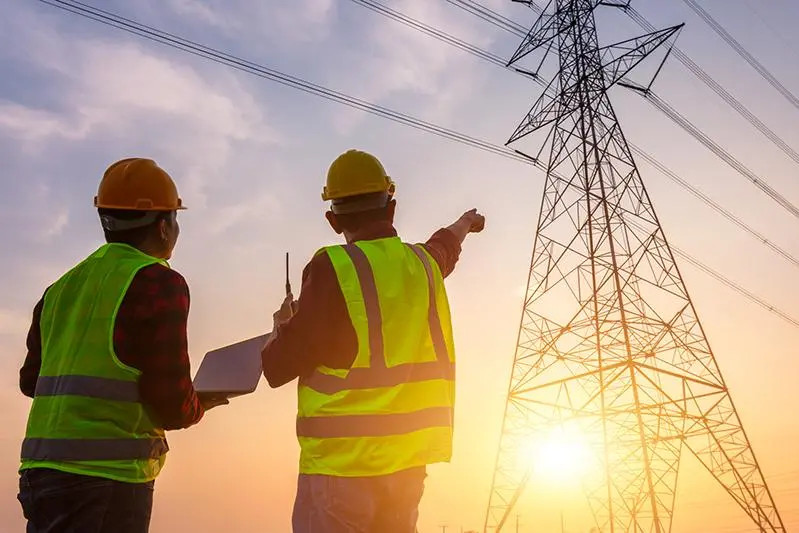President John Dramani Mahama has signed into law the Energy Sector Levy (Amendment) Act, 2025, reaffirming his government’s commitment to resolving Ghana’s long-standing energy crisis and clearing a legacy debt that has threatened national economic stability.
In a brief but consequential ceremony held at Jubilee House, President Mahama described the move as “a painful but necessary decision” to end a cycle of persistent energy sector deficits, mounting arrears to Independent Power Producers (IPPs), and unreliable power supply.
“This is not just about signing a piece of paper.
“It’s about making the hard choice to protect the stability of the energy sector, the credibility of the state, and the macroeconomic progress we’ve made.”
President John Dramani Mahama
The Act introduces a GH¢1 charge on every litre of petroleum products sold, expected to generate approximately GH¢5.7 billion in revenue over the next year.
These funds will be used to cover the cost of expensive liquid fuels used in thermal power generation and gradually pay down the country’s US$3.1 billion energy sector debt, which continues to grow due to inefficiencies, under-recoveries, and foreign exchange exposure.

“Our current trajectory is not sustainable. If the full cost of fuel inputs in electricity were reflected in tariffs, prices would rise by over 50%. We cannot allow that burden to fall on consumers.”
President John Dramani Mahama
The President praised transport unions and drivers for passing on recent petroleum price drops—driven by the appreciation of the Ghanaian cedi—to consumers.
He added that the new levy is strategically timed to take advantage of this pricing relief without overly burdening households.
President Mahama was candid about public skepticism, acknowledging past mismanagement of similar levies, such as the Energy Sector Levy Act (ESLA), whose proceeds were often diverted to unrelated projects.
“This time, I give you my word: this fund will be green-fenced. It will not be collateralized or misused.
“It will go toward buying fuel oil to keep our lights on and, when fuel costs decline later this year, toward paying our debts to IPPs.”
President John Dramani Mahama
The administration’s focus, he added, is to stabilize the sector in the short term, restore trust in public financial management, and implement long-term reforms to make future bailouts unnecessary.
Tackling Systemic Losses and Inefficiencies

Beyond financing, President Mahama emphasized structural reform as the cornerstone of the broader recovery plan. Notably, the Electricity Company of Ghana (ECG) currently records system losses of up to 45%, a figure the President described as “economically suicidal.”
“We lose almost half of the value of the electricity we produce. We simply cannot go on like that. Signing this Act is just one step.
“We will also overhaul the distribution sector to curb these losses and increase revenue collection.”
President John Dramani Mahama
The President stated that reforms would include investments in metering technology, digital billing systems, and performance-based management structures within the ECG.
These reforms aim to ensure that electricity consumed is paid for, thereby reducing the burden on government and enhancing investor confidence.

While the new levy has stirred public debate and criticism over its timing and impact, President Mahama assured Ghanaians that it is a short-term measure.
“This isn’t forever. It is a temporary intervention to end a dangerous crisis.
“By the grace of God, we will resolve the energy sector debt and retire this levy as soon as possible.”
President John Dramani Mahama
The President also called for national unity and support in what he described as “a mission to preserve Ghana’s development gains and ensure a sustainable energy future.”
READ ALSO: Fitch Revises 2025 Cedi Forecast to GH¢13/$1, Predicts 12.9% Annual Appreciation






















